We were lucky to catch up with Stav Pinder recently and have shared our conversation below.
Stav, thank you so much for agreeing to talk with us about a deeply personal and sensitive topic. Postpartum depression affects so many in the community and hearing from someone who has overcome PPD might help someone who is going through it right now. For readers, please note this is not medical advice, we are not doctors, you should always consult professionals for advice and that this is merely one person sharing their story and experience
I don’t think I would have overcome Postpartum Depression (PPD) if it wasn’t for the intervention made by my husband. PPD crept up on me and I had no idea I was a victim to it. It felt completely logical to stay in bed all day, not shower, not eat, and not leave my baby for a second or trust anyone with him. I would think, “Well, what’s the point of showering if I’m just going to get spit up on me again.” It seemed so logical, in fact, new mothers who wouldn’t stay in bed all day seemed like aliens to me. I felt trapped- as if there was no way to escape the heavy and isolating burden of motherhood. “There was no way out”, was a constant thought I had about my responsibility.
After my husband nudged me to seek help, I somehow/sluggishly joined a PPD Support Zoom call that supported new moms and someone on that call recommended I call the number on the back of my insurance card to find a therapist asap. Once I did, I drove 2 hours to the appointment each week- since at the time we lived in a quaint farm town.
In therapy, I learned something called Behavioral Activation- which I now teach my students. Behavioral Activation is the belief that feelings can not be changed (which is why changing your feelings about something oftentimes feels impossible). However, with this formula, only behaviors can change… which can then alter thoughts… and altered thoughts can in turn pivot feelings. (See Image Example).
Even when I didn’t “feel” like getting out of bed and showering, I used Behavioral Activation and forced myself to shower anyway (going against all feelings and only using what someone else would label as “appropriate behavior”). Once I made it, typically the soap would smell nice, and I’d think, “Wow this soap smells nice… It’s kind of nice in here.” This altered thought then made me feel better.
To go against feelings seems very unnatural to me.
Once I made it more habitual to “go through the motions” using Behavioral Activation after 1.5 years, I told my therapist that I am doing everything “right” but still feel like everything is wrong. I was going to yoga and going to therapy, but my brain still felt like it had “a cold”. I still couldn’t help my Postpartum Anxiety that interrupted my sleep 4-6 times a night to check on my sleeping toddler’s breathing. She recommended I inquire about taking a small dose of an antidepressant, which I was extremely against! I come from a holistic world and at the time I couldn’t see how medication could also be holistic.
This was my lesson.
The new doctor recommended I take something until my PPD goes away. He mentioned that the medication could actually treat it by weakening the neural pathways which aid my negative internal spiral. What I liked the most from the information I gathered was that sometimes- yoga and therapy -alone- can’t always cure someone with mental illness, just like medication -alone- can’t always cure someone with depression; one must “work it” (meaning, help the medication help you). To me, this means, if I’m already doing all the things to help myself to feel better, then adding a small and legal antidepressant while I continue to use my behavioral tools will only help me. On the other hand, only taking the medication but staying in bed all day won’t help the medication work.
I think our generation (and myself) are so used to an instant fix. We have in a way lost the art of patience only because our technology has become so instant. Of course, technology is great, but it isn’t the best reminder to practice patience as if it were an art form. Only taking medication to fix a problem is only a fraction of the cure for mental illness. This could be a big fraction- but a fraction nonetheless.
Once I added the antidepressants into my toolbox along with yoga and therapy, I was able to help myself even more and felt a new sense of motivation to do so! A weight miraculously lifted off of my chest that felt equivalent to doing yoga for 10 hours a day, every day.
My dad has a long history of mental illness and I’ve seen firsthand what happens when one isn’t able to help themselves or “work the medication”, but instead only relies on one piece of the puzzle. Perhaps this is why I was so against seeking help in the first place.
I knew I was due to come off of my antidepressants and needed to accumulate more tools to avoid a negative mindset and relapse in the future.
The first step (I teach) is using mindfulness to observe and accept the feelings going on in the body. This awareness is like a superpower because it has trained me to notice my thoughts- and just how negative they were! Overcoming PPD took several years for me. It was a journey that pushed me to change everything about myself. Though I am no longer on medication, I still do the following:
-Attend online courses on mindset (mindset)
-Flex my faith muscle (hope)
-Take a daily Folate vitamin (brain chemical balance)
-Be my own best friend (friendship)
-Include a nonnegotiable 5-minute morning routine (Behavioral Activation)
-Exercise (endorphins/brain chemical balance)
-Practice yoga (mindset, brain chemical balance, patience, community)
-Attend therapy (emotional support, professional help, “Tend and Befriend Theory”),
As I mentioned earlier, finding all of these tools took years. They no longer feel like chores, they are just a normal part of my routine- just like brushing my teeth. Thankfully, I now feel better than I’ve ever felt! Even before I had PPD, I didn’t have any self-care tools and mainly rolled my eyes at the mere thought. I prioritize my self-care as if my life depends on it- because for me, it literally does. And, maybe it does for you too.
Great, so let’s take a few minutes and cover your story. What should folks know about you and what you do?
I focus on teaching kids and families mind-body awareness and Social Emotional Learning in order to help them in today’s world.
I come from a performing arts background and incorporate puppetry, play therapy, and art therapy, into my classes and workshops.
It was only when I started to experience my own mental health struggle with PPD that opened up an entirely new door in my work and company.
I teach hundreds of children in person and via Zoom every year, and I am currently in the process of filming my own series.
If you had to pick three qualities that are most important to develop, which three would you say matter most?
When I was 13 years old, I was a child opera star. I traveled the country participating in youth opera competitions- winning some and losing some. Opportunities opened up when I’d win competitions, leading me to perform at The Kennedy Center, The Lyric Baltimore, and Off-Broadway. My operatic voice seemed to have peaked/matured early and I was always told I was “lucky”- this taught me that I don’t need to work hard at all. This became a problem because if I was “lucky” when I’d win that could only mean that I was “unlucky” when I’d lose. My lack of problem-solving skills lead me to be very hard on myself, instead of hard at work. My mindset was that of my dad’s- and if I wasn’t at the Metropolitan Opera by age 24, I might as well quit- which is exactly what I did.
The three qualities I teach myself in order to succeed in anything are:
1) Patience-
“Rome wasn’t built in a day”, but also what looks like an overnight success is many nights of not giving up. I recently asked my friend, who’s a working actress who has stayed in the acting business for over a decade, why she thinks her career is suddenly taking off now. What changed? She told me that eventually, the other actors stopped coming to castings and that she “stayed long enough” in the business to finally be cast in something. Patience = a waiting game.
2) Fail Fast-
To try is to know. It’s better to try and fail than not try at all. Fail fast so that you can get back up quickly, and try again with more knowledge next time.
3) Make Mistakes-
The idea of making mistakes held me back for years. Years! If you tell yourself that, “you will make mistakes”, you won’t be as devastated when they happen. Because they will happen. For me, making a mistake was The End. I am equally learning how making mistakes just means, “I am confident”. Someone who isn’t confident won’t ever put themselves in a situation to make mistakes (perfectionism = low self-worth). Prove to yourself that you are confident enough by making mistakes.
Who is your ideal client or what sort of characteristics would make someone an ideal client for you?
Kids who can’t sit still!
When a parent comes to me and says they aren’t sure my class is for their child because “they can’t sit still” or “don’t think they will do it”, I tell them that that’s my favorite type of student.
I once heard a story about how a student in a meditation class asked his guru, “What are happy people doing right now?”. The guru responded to his class of students with, “They are out laughing somewhere eating fried chicken.” Meaning, if you are in the class you are still seeking to learn something and that’s OK!
Don’t avoid the class because you aren’t already “perfect” at the skill I’m trying to teach. The classes are also for learning stillness, and that’s even hard for adults! All are welcome.
Contact Info:
- Website: www.mindfulstartyoga.com
- Instagram: https://www.instagram.com/mindful_start/
- Facebook: https://www.facebook.com/mindfulstartkids
- Youtube: https://www.youtube.com/@mindfulstartofficial/featured
- Other: https://youtu.be/gwSi78Zdbm8
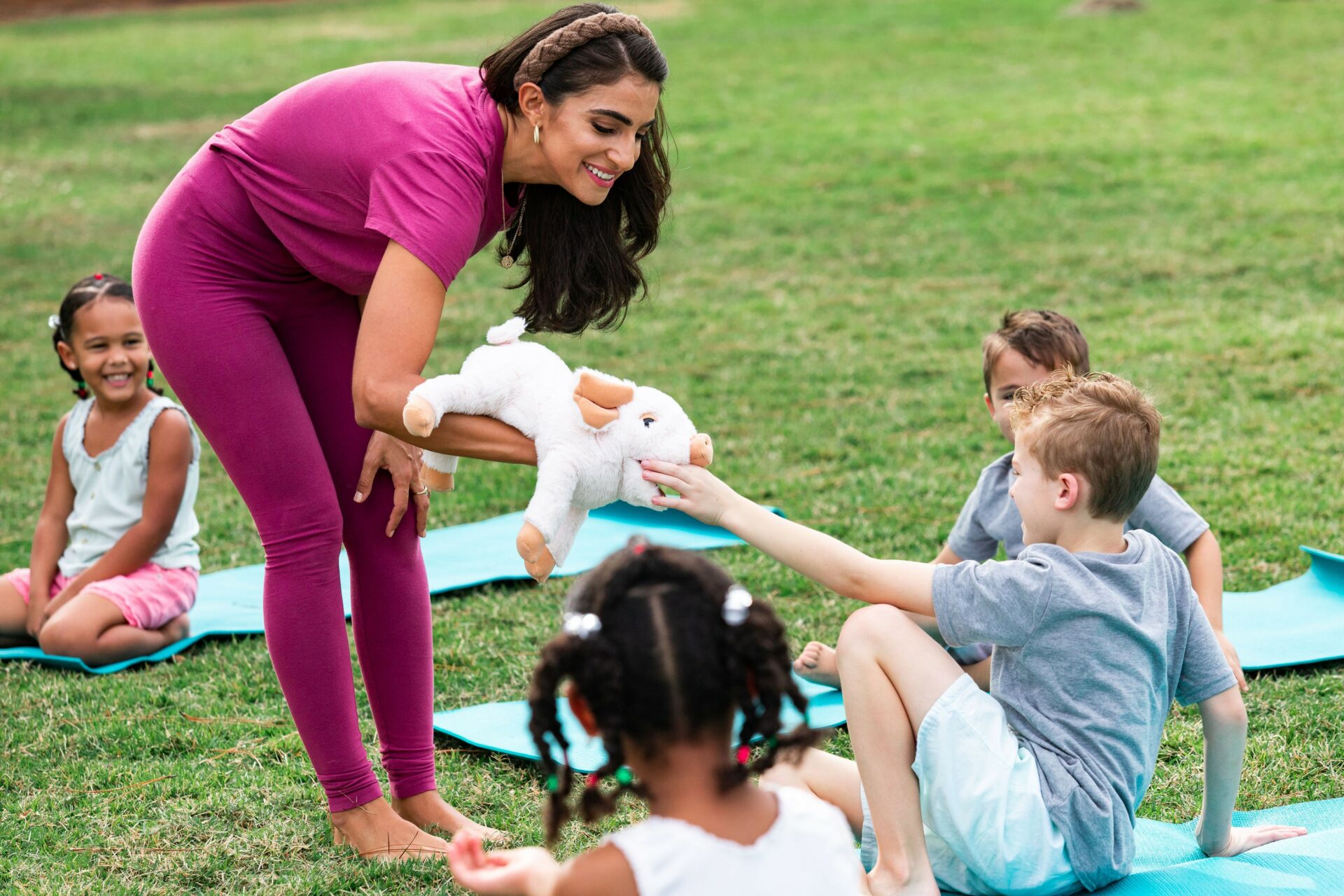
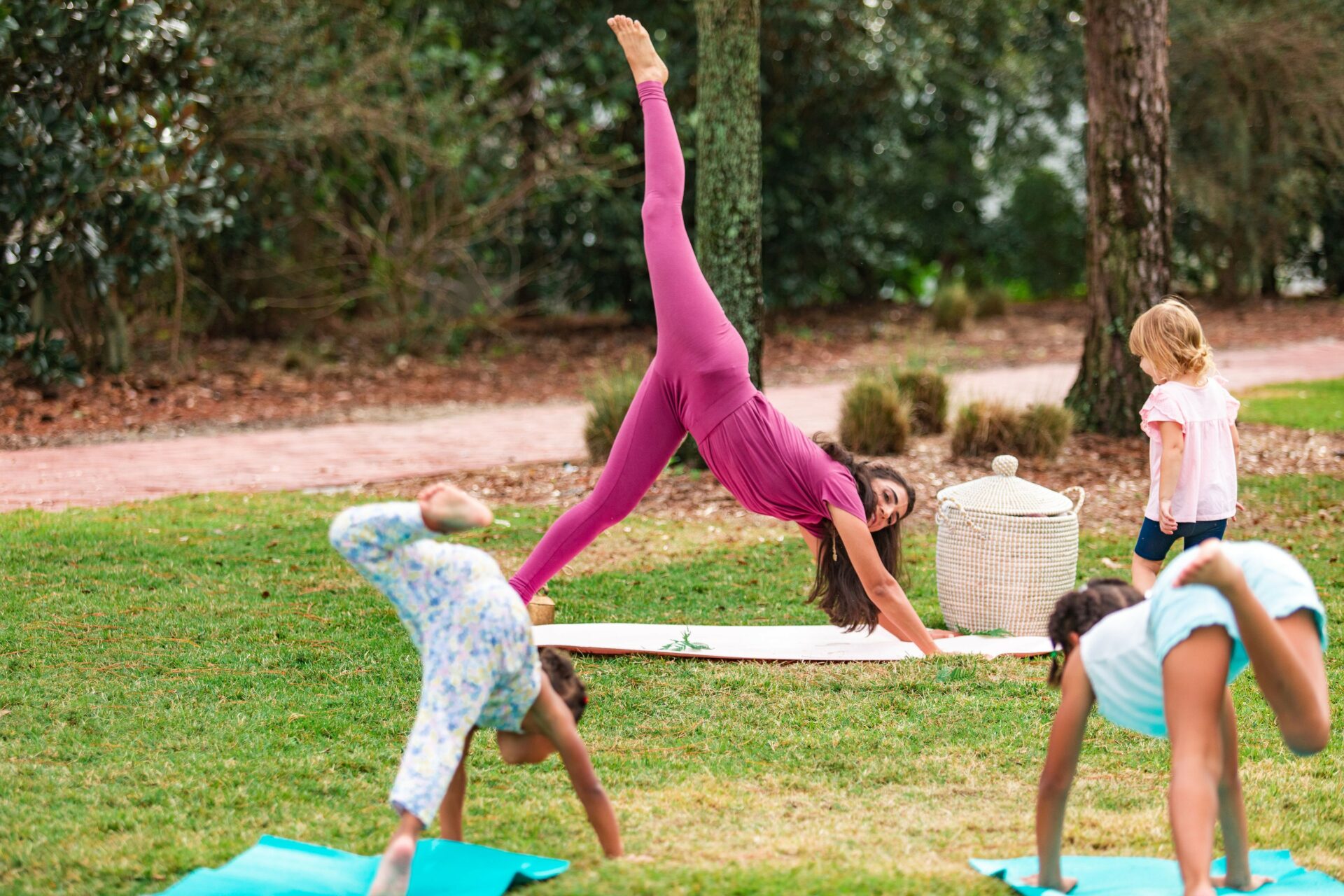
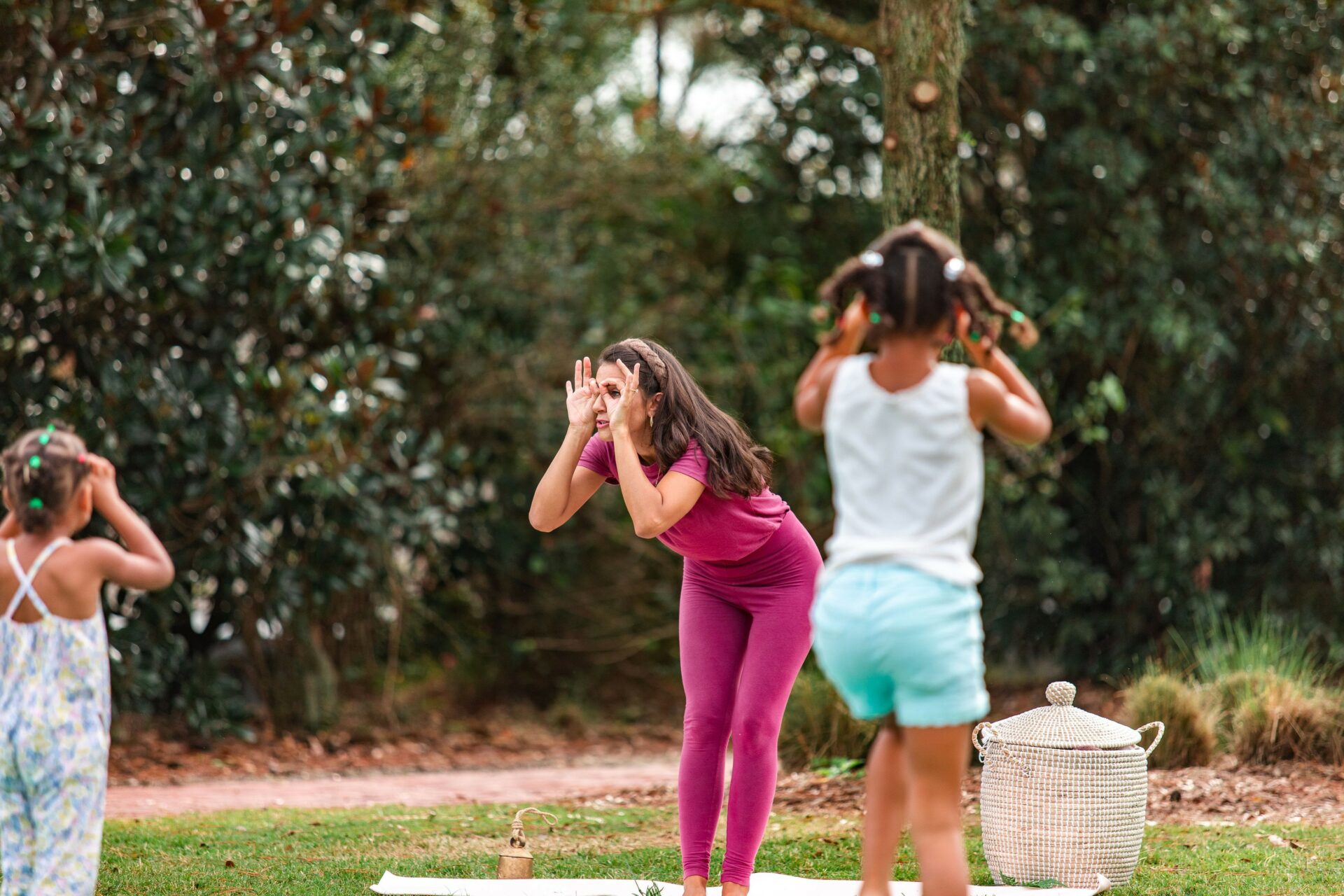

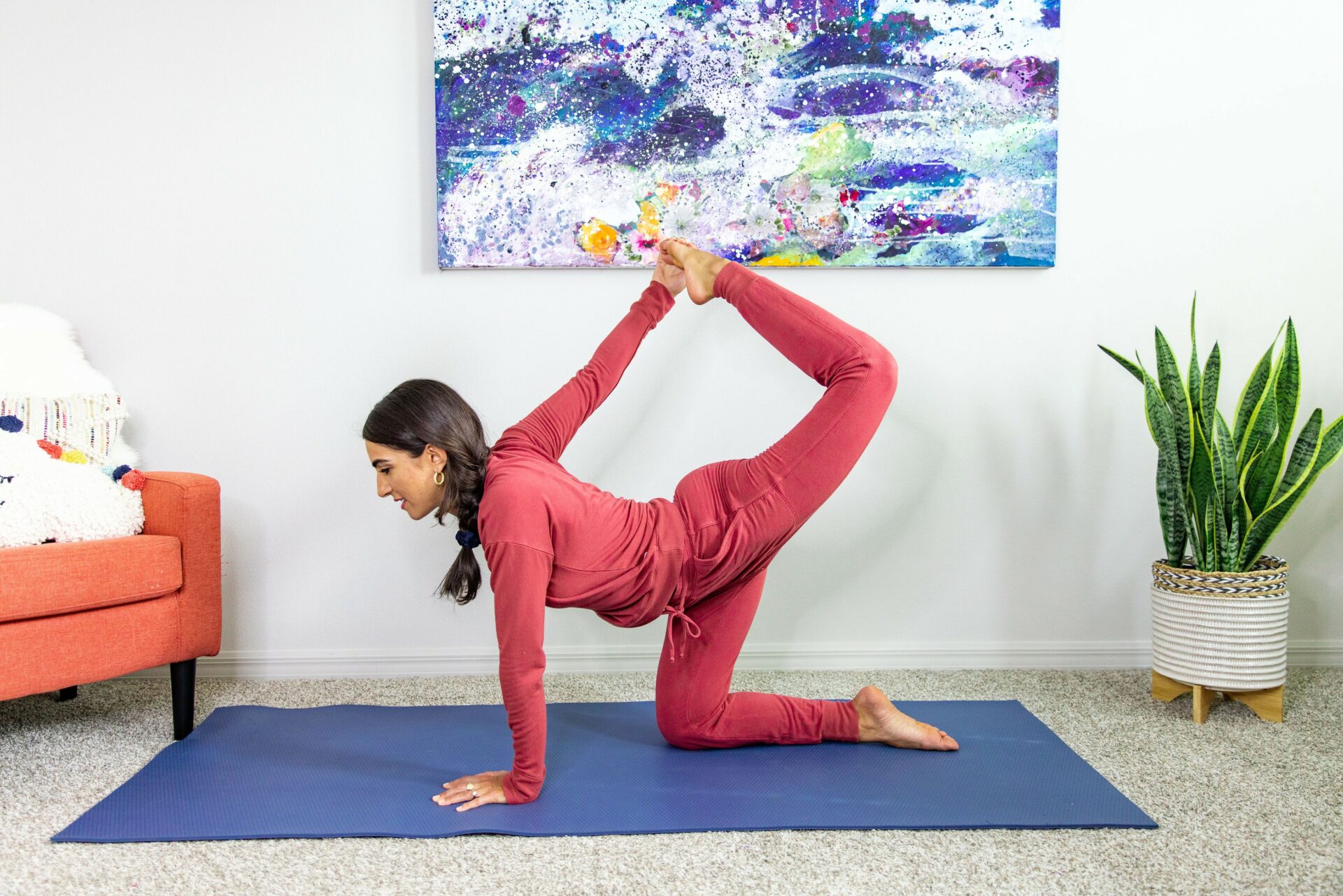
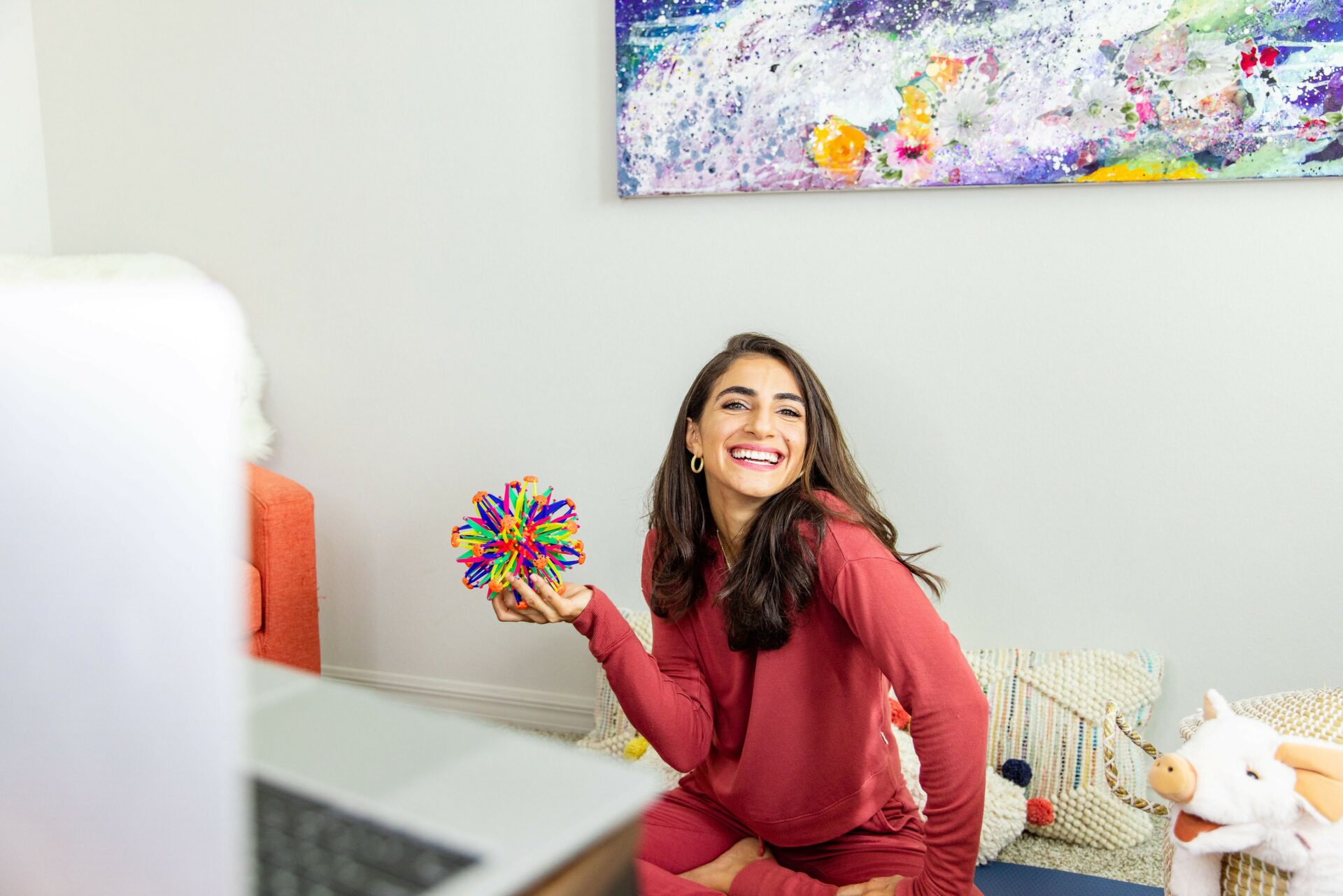
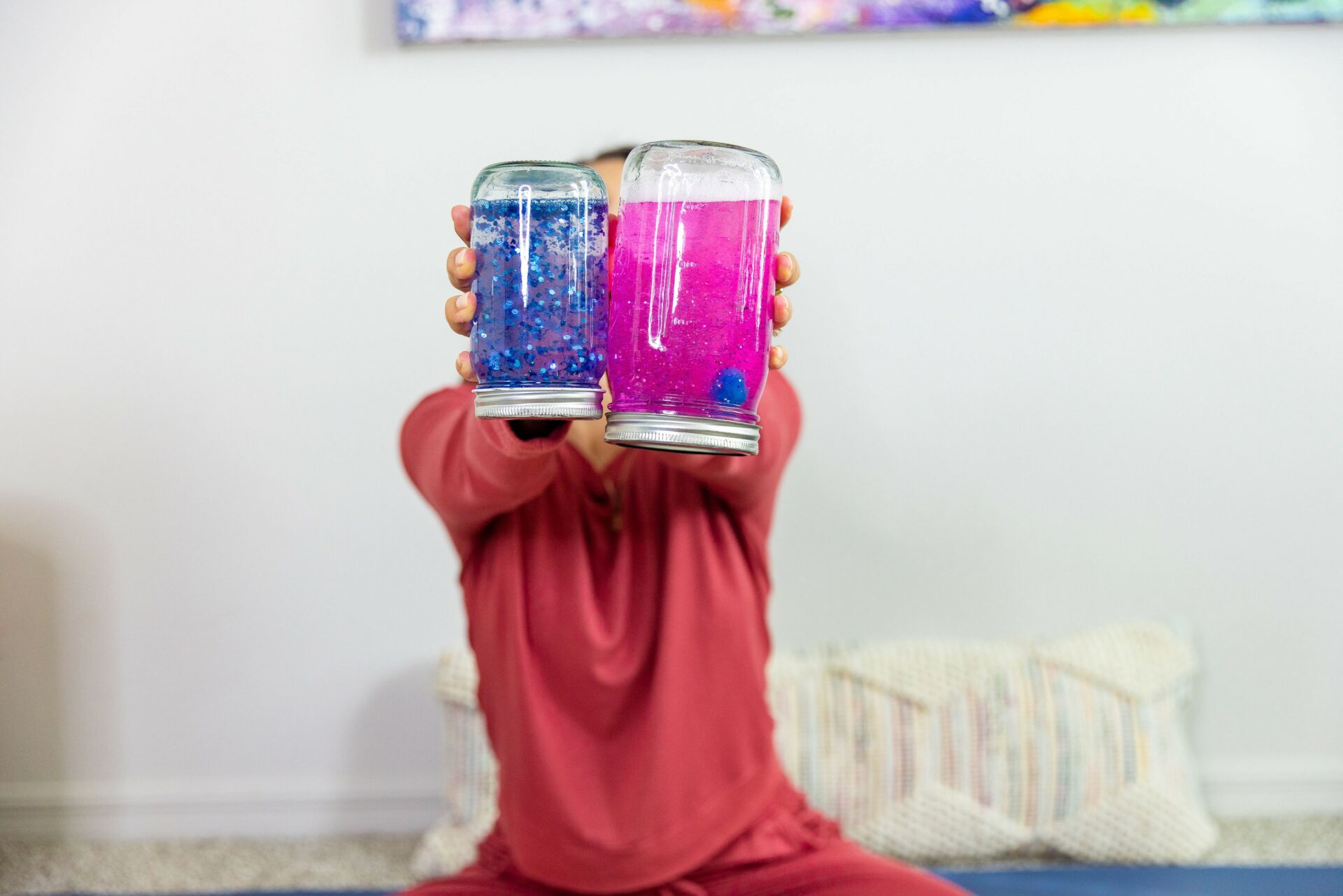
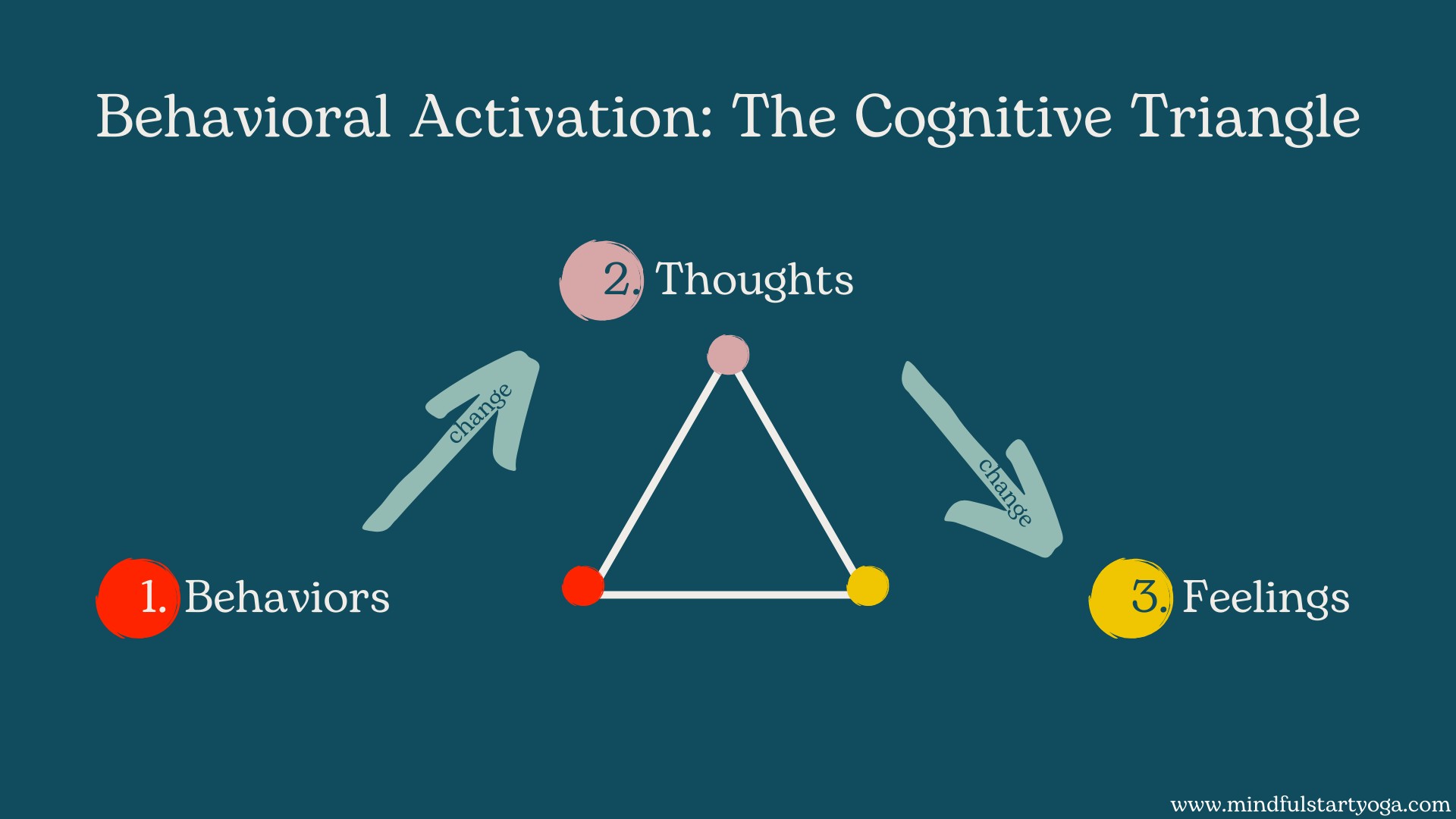
Image Credits
Ashley Thomas, Summerside Creative




